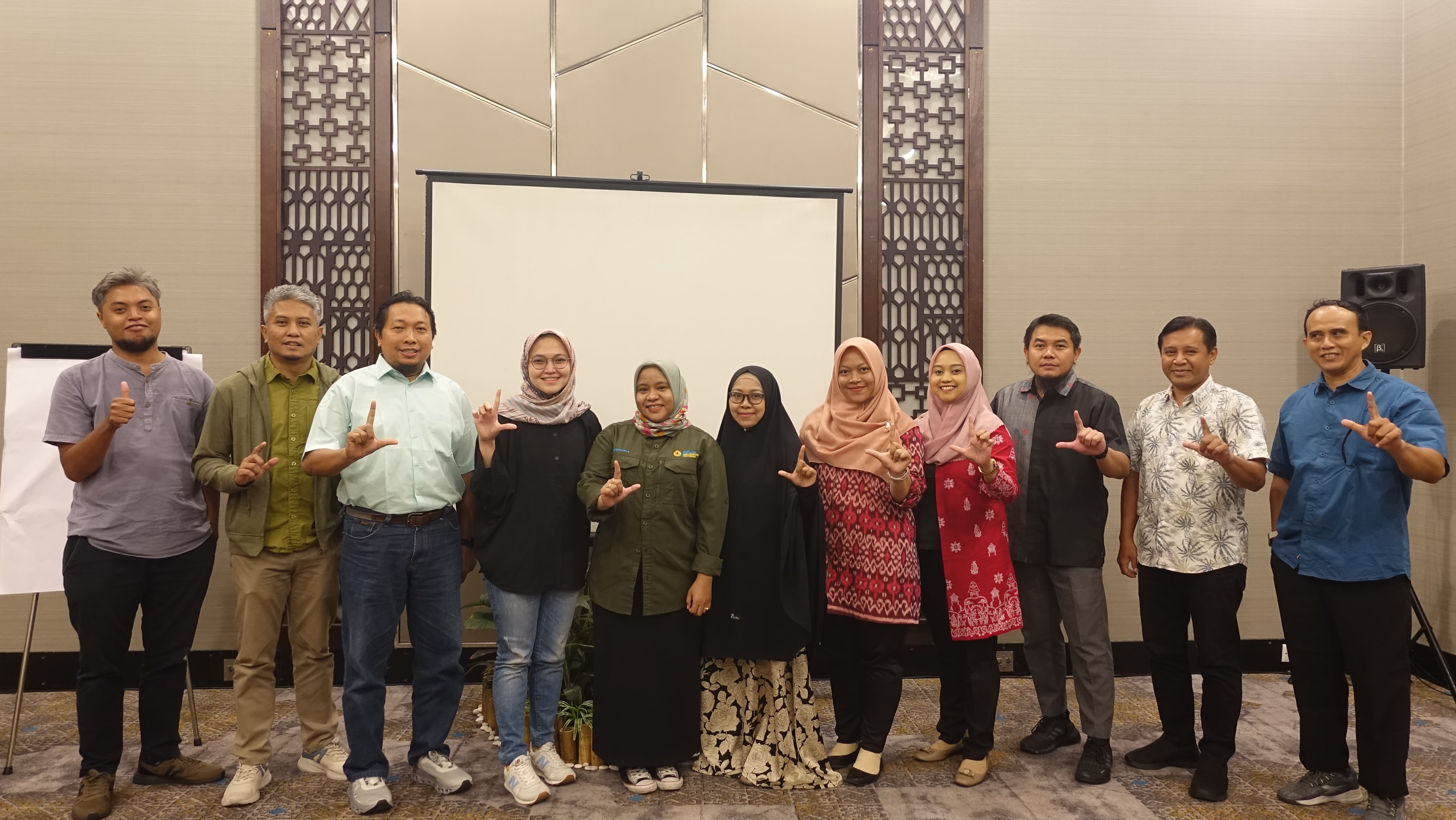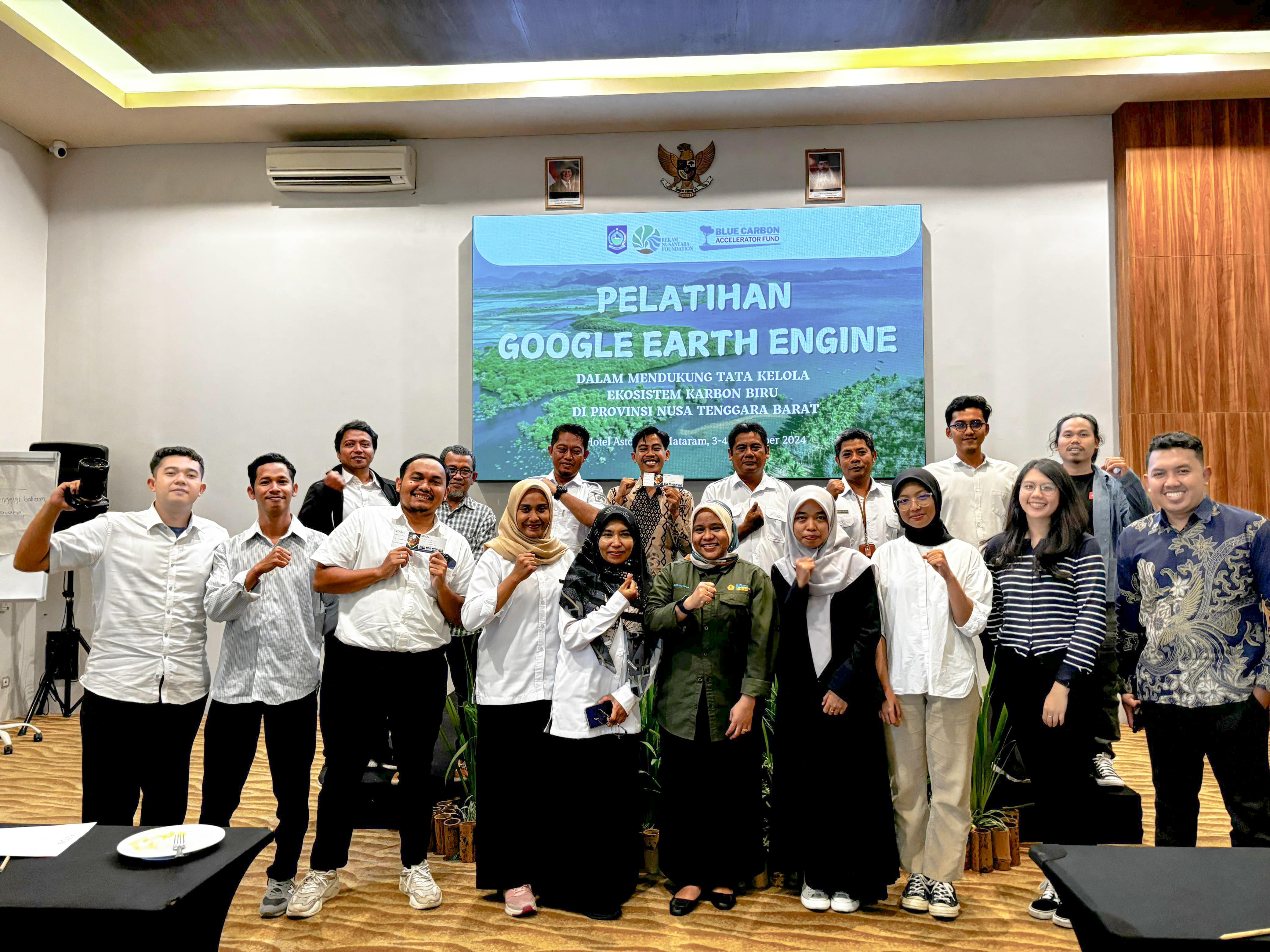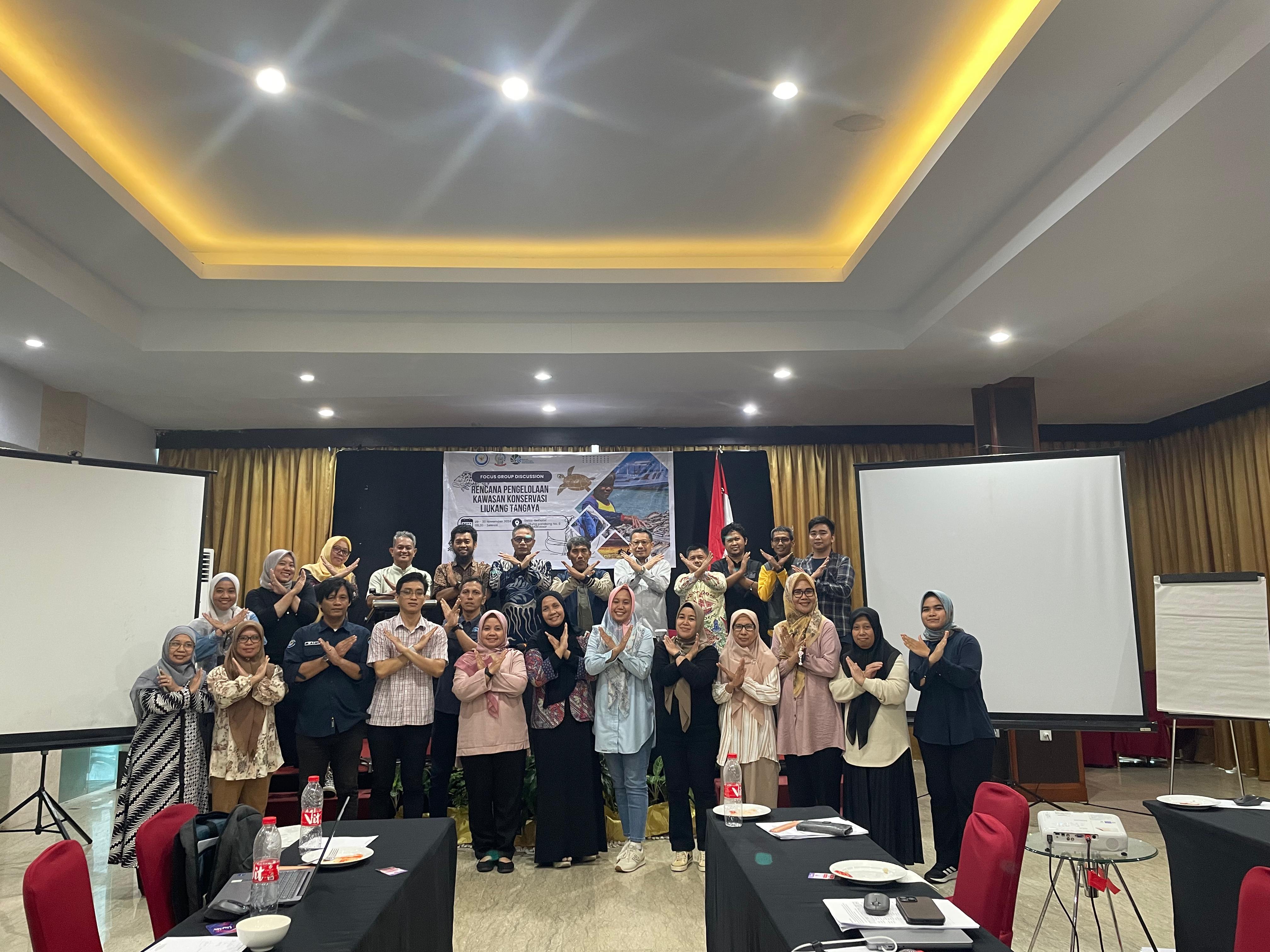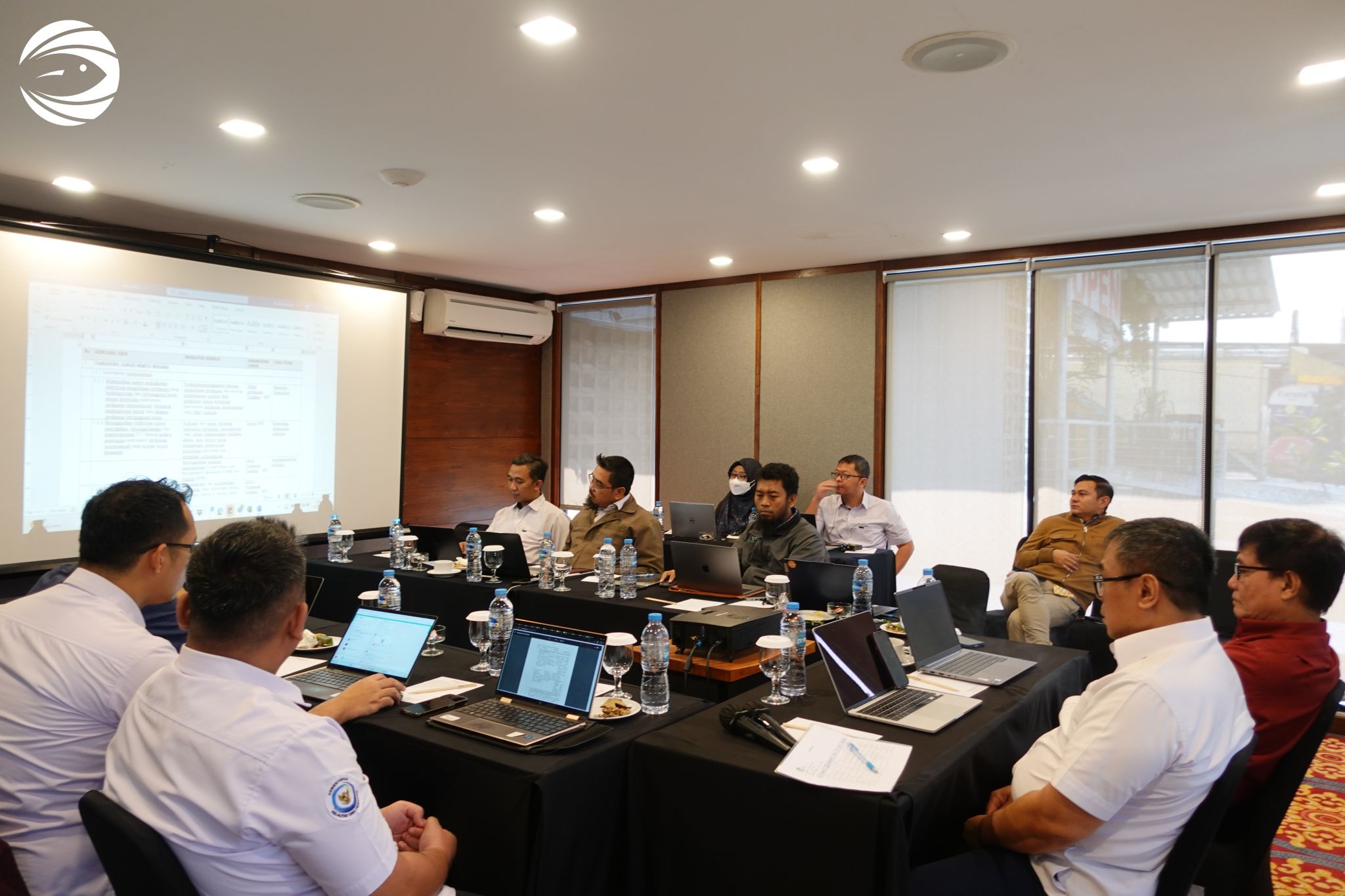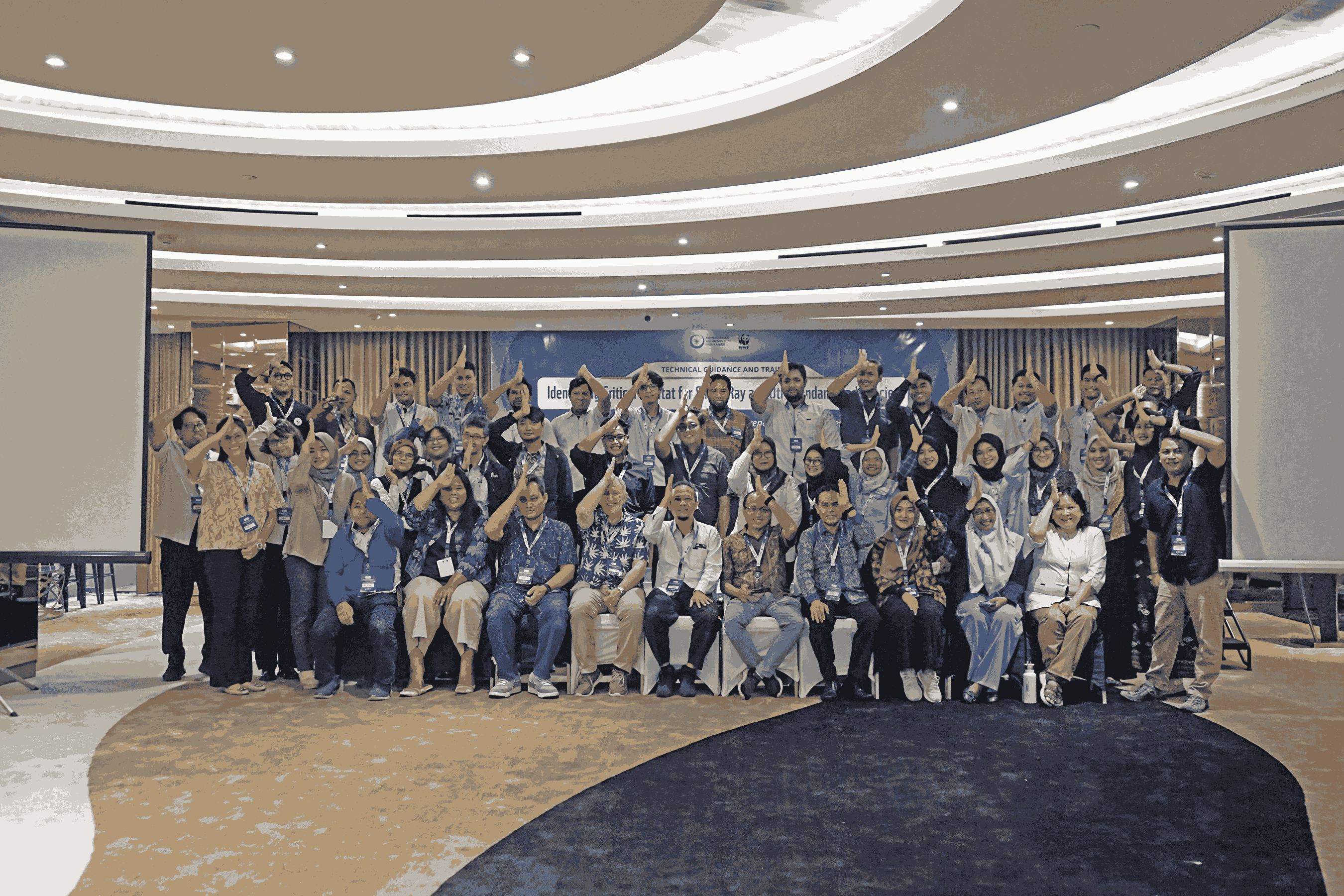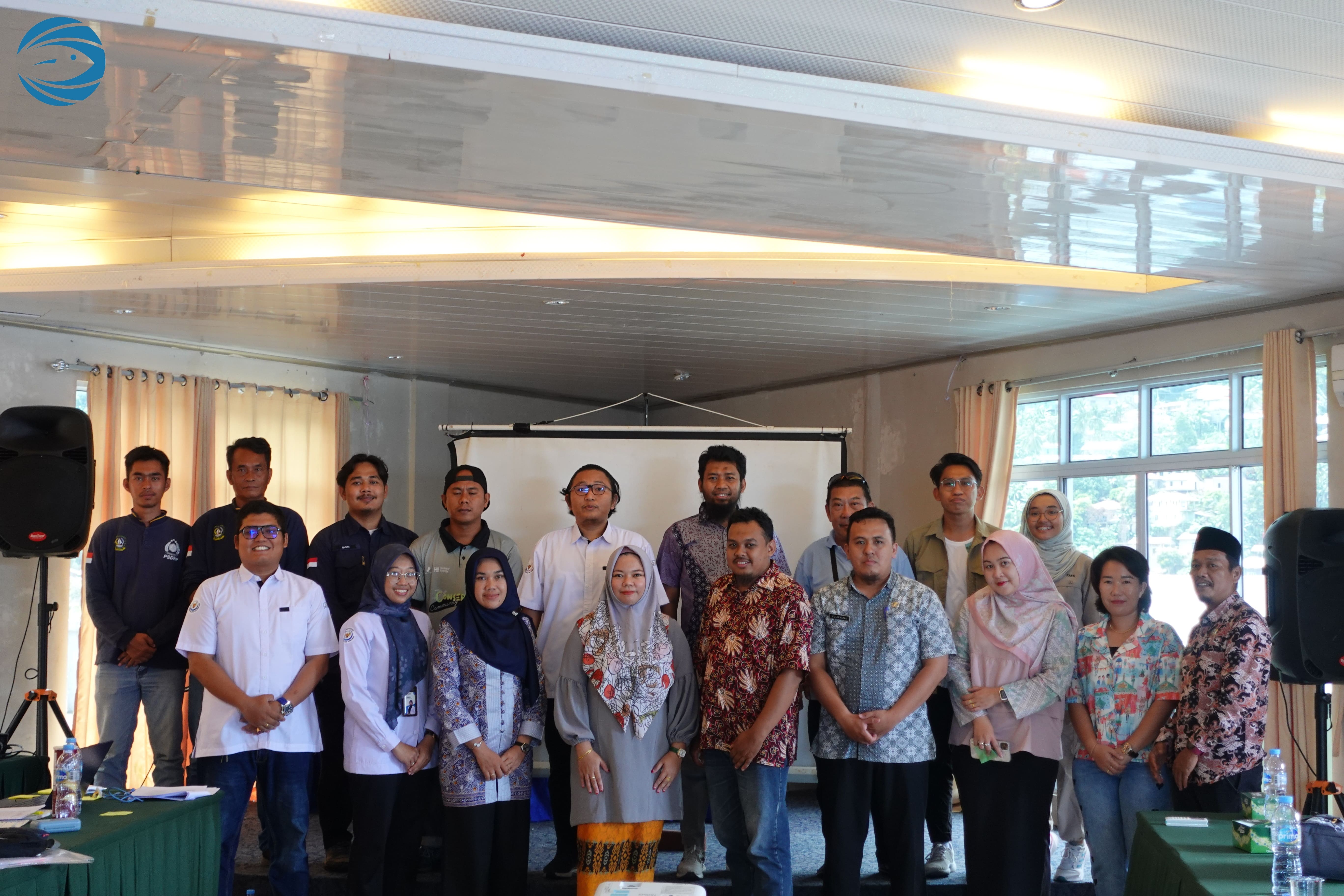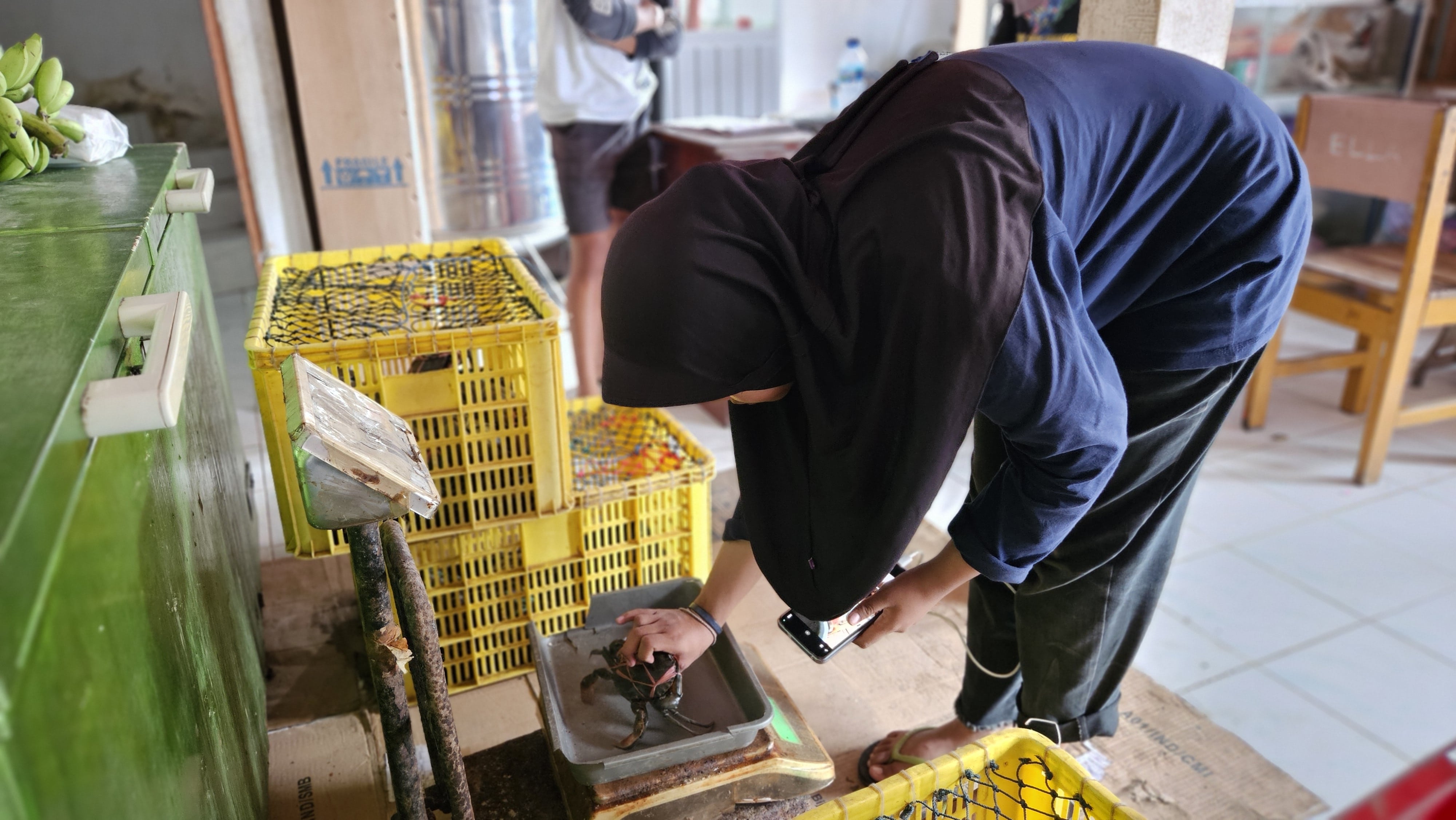Home / Kegiatan / tingkatkan-kapasitas-akademisi-indonesia-frci-adakan-pelatihan-pengelolaan-perikanan-berbasis-ekosistem
Building the Capacity of Indonesian Academics, FRCI Held Ecosystem-Based Fisheries Management Training
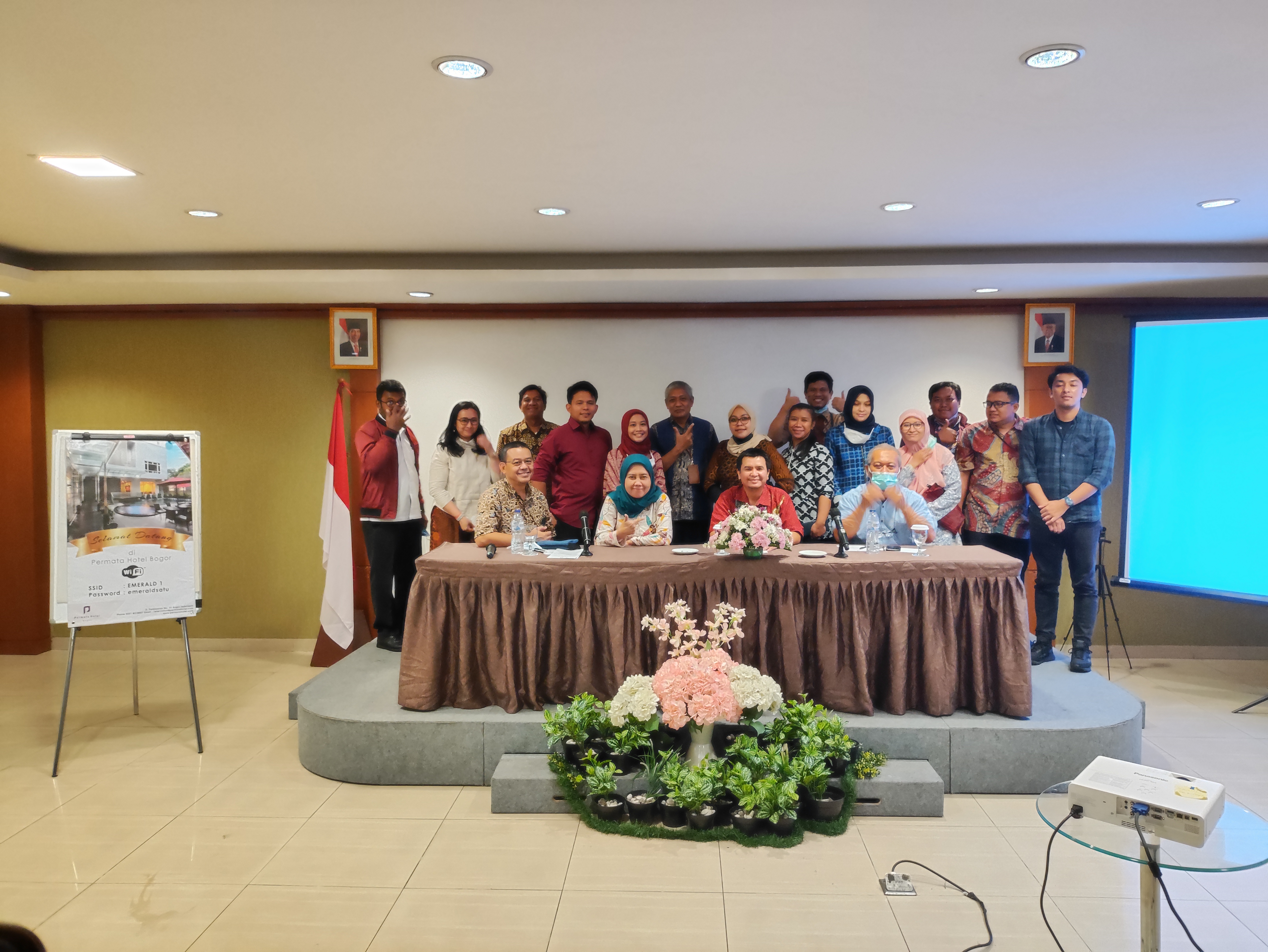
Ditulis oleh Admin | 06 November 2023
0 Comments
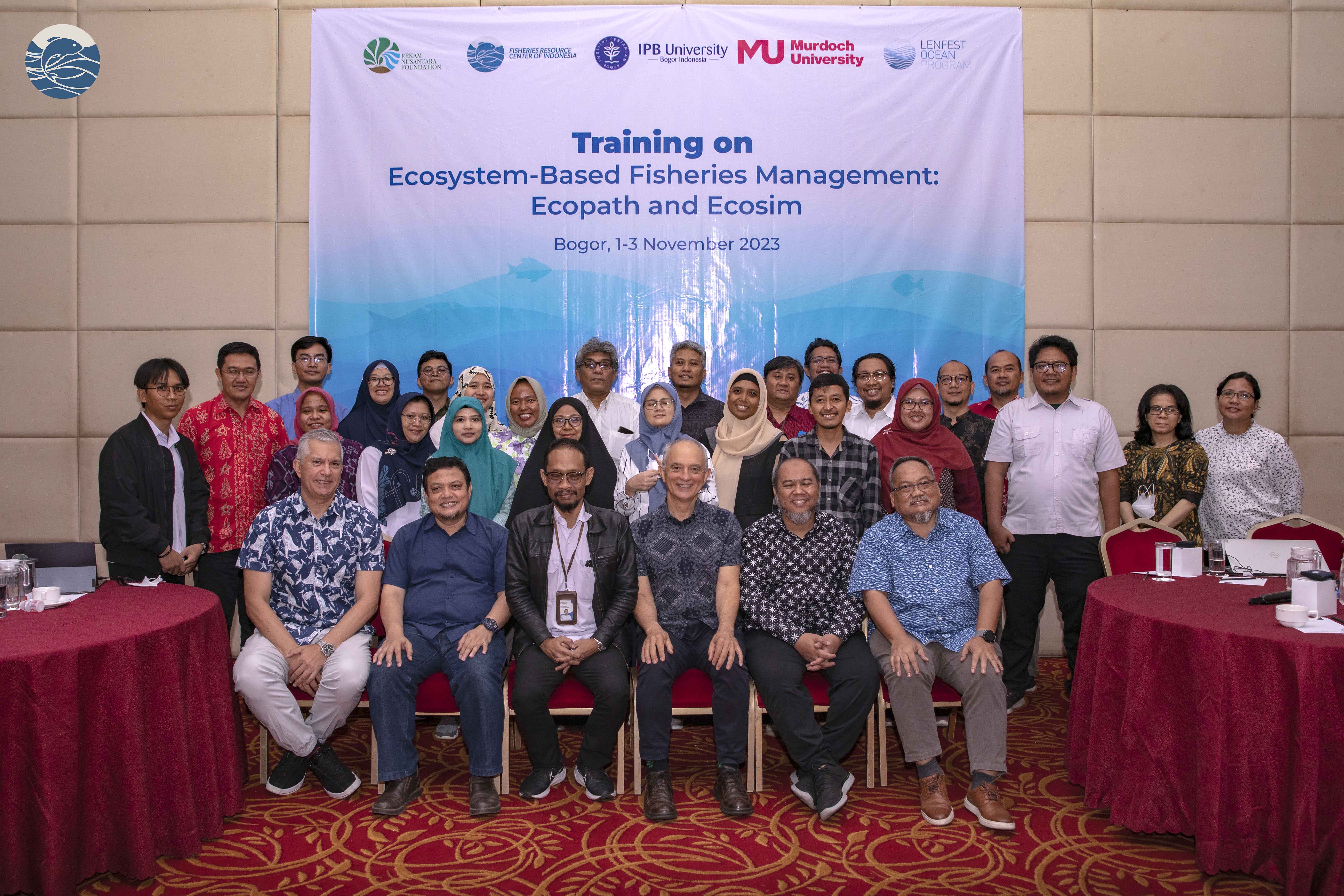
An ecosystem-based approach to fisheries management can be a solution to sustainability problems through integrating ecological and human factors into fisheries. To increase academic capacity in this regard, the Rekam Nusantara Foundation unit the Fisheries Resource Center of Indonesia (FRCI), together with IPB University, Murdoch University of Australia, and Lenfest Ocean Program held a training on "Ecosystem Based Fisheries Management (EBFM): Ecopath with Ecosim".
The activity, which was held on 1-3 November 2023 at the Grand Savero Hotel Bogor, was attended by 26 participants from academic circles from various universities in Indonesia, the National Research and Innovation Agency (BRIN), and Non-Governmental Organizations (NGOs). The training was facilitated by Prof. Neil R. Loneragan and Dr. Hector Lozano-Montes from The Center for Sustainable Aquatic Ecosystem Research, Harry Butler Institute, Murdoch University, Western Australia. The event opened with remarks from Irfan Yulianto as Chair of the Rekam Nusantara Foundation, Fery Sutyawan from the Ministry of Marine Affairs and Fisheries, Soraya Gigentika as Chair of the West Nusa Tenggara Province Sustainable Fisheries Management Scientific Forum (FIP2B-NTB), and Yudi Herdiana from Rekam Nusantara Foundation.
On the first day's session, participants received material regarding an introduction to EBFM ecosystem modeling, as well as an introduction to food web modeling with Ecopath. On the second day, the material presented included time-dynamic Ecosim simulations, exploration of various stressor effects, an introduction to Ecospace spatial simulations, and conceptual and qualitative ecosystem modeling. On the third day, the material included the Ecopath model for Saleh Bay.
Through this training, it is hoped that participants will gain an understanding on ecosystem models both conceptually, qualitatively and quantitatively to be applied in sustainable fisheries management, and can develop ecosystem models for fisheries management in Indonesia.
Kegiatan Terbaru
